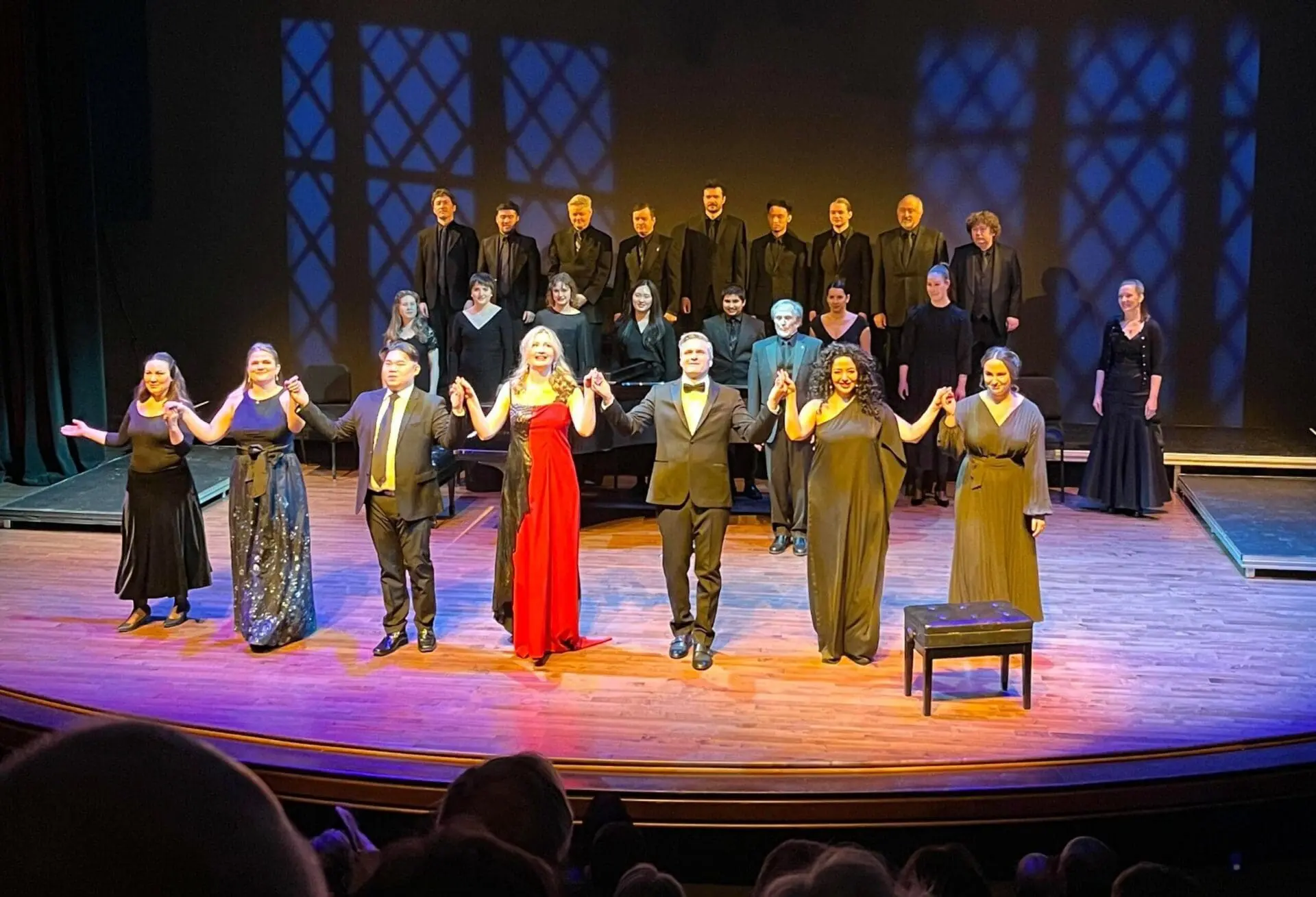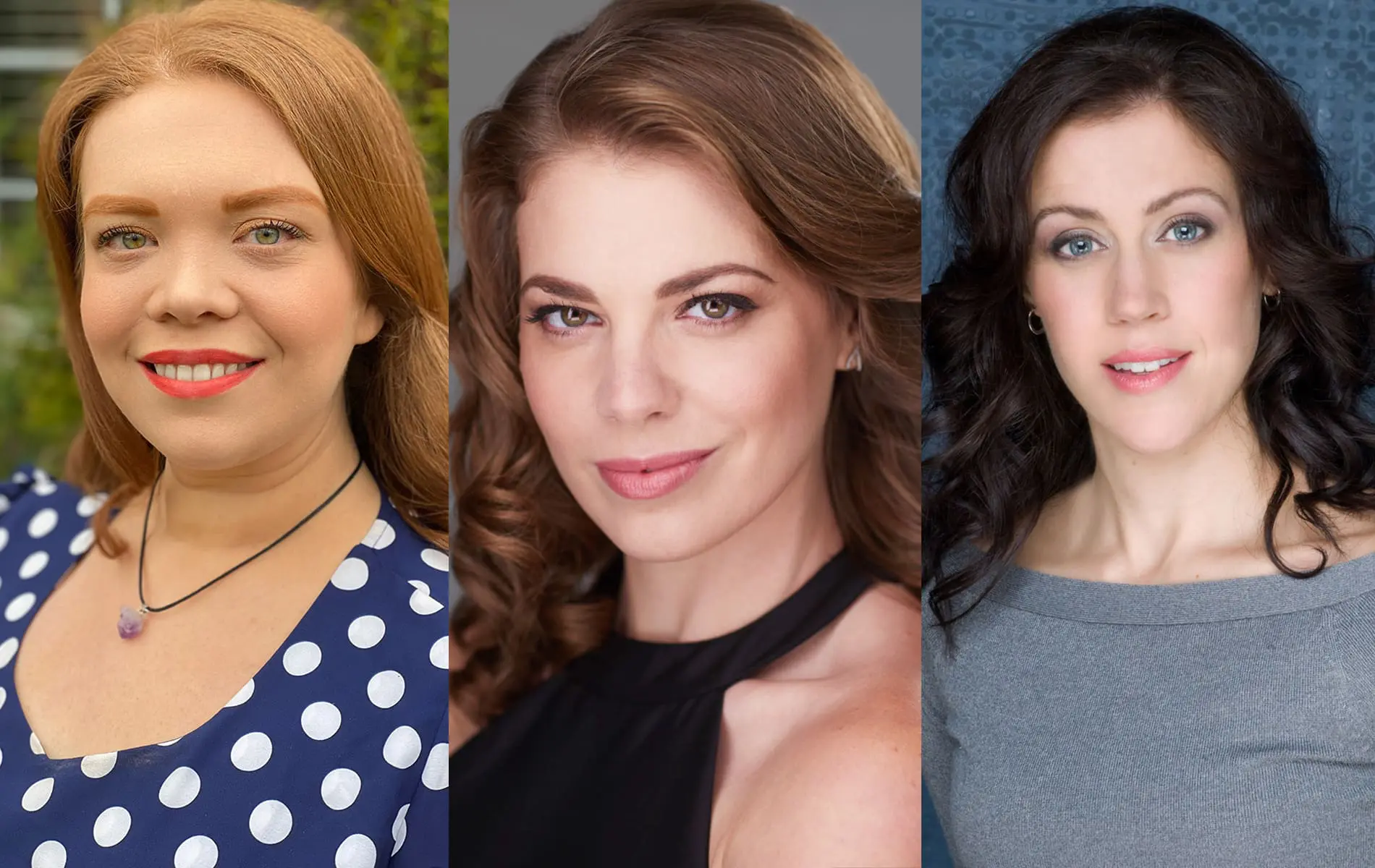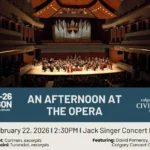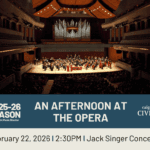Luigi Cherubini’s Médée is the only opera from the Paris of the French Revolution to retain a place in the modern repertoire. It premiered in March 1797 in a transitional political environment as royalists started to regain traction in France while Napoleon was upholding the principles of the revolution in pitched battles with the Austrians. Médée is itself a transitional opera, embracing both classical traditions and forms while looking forward to the full-blooded dramas and characterizations of the 19th century. That it survives today is in large part a function of the power of the title role, which far outshines all the other roles in the opera in its length and impact. Médée, or Medea in the later Italian adaptation through which the opera is now better known, endures as a vehicle for star sopranos with the requisite vocal and dramatic chops to embody the title role. The most famous exponent on record is Maria Callas (often partnered by Canadian tenor Jon Vickers as her nemesis, Jason), and the most recent is Sondra Radvanovsky, who opened the Metropolitan Opera’s 2022/23 season with a fiery portrayal that gave the opera its biggest audience ever when it inaugurated the Met’s 2022/23 Live in HD season in cinemas around the world last October.
Announced on February 23, Radvanovsky will reprise her Medea in the Canadian Opera Company‘s May 2024 performances, directed by Sir David McVicar; the show is a co-production with Greek National Opera, Lyric Opera of Chicago, and the COC. In the meantime, however, Toronto’s Voicebox: Opera in Concert, true to its mission to perform rare repertoire, gave the Canadian premiere February 19 of the original French-language Médée, with spoken dialogue between the musical numbers instead of the recitative written much later by Franz Lachner for the Italian version. Kudos to OinC for taking on such an ambitious project. It was a brave and engrossing attempt that limned the scale of Cherubini’s musical and dramatic vision even if the performance couldn’t fully exemplify it.
The orchestra is usually missing in OinC presentations, of course, and so as a result was much of the color of Cherubini’s score, much admired by Beethoven. The production’s Music Director, Narmina Afandiyeva, provided a spirited and at times exciting account of the piano reduction, but there was inevitably little sense of Cherubini’s inventiveness. Mezzo Julie Nesrallah’s moving “Ah, nos peines seront communes” was a highlight of the performance, but without the celebrated bassoon obligato, the single aria for the slave Néris, in which she commiserates with Médée’s predicament, lost some emotional depth.
It was commendable that everyone, including Robert Cooper’s well-drilled but for this opera underpowered OinC Chorus, was off book, which allowed greater latitude of movement and action for the solo characters. But the show was an uneasy mix of French-language sung numbers and English-language spoken dialogue, which meant the performance proceeded in fits and starts without any cohesive style. I don’t know the pedigree of the dialogue used, but it too often sounded cursory and banal—a far cry from the tenor and tone of Euripides and Pierre Corneille, the sources used by François-Benoît Hoffman for his original French libretto, and from the artistry of Cherubini’s music. The tragic dialogue here at times sounded better suited for the script of some bitchy episode of Real Housewives of Corinth.
Ukrainian-Canadian soprano Natalya Gennadi made a courageous attempt to explore the multiple skeins of the title role, which is dramatically intense and musically demanding. She was most convincing, perhaps, when she was able to deploy the strengths of her middle and lower registers in Médée’s quieter moments—such as when she reflects on the fate of her sons—rather than in the high-lying histrionics venting her anger and fury. Still, hers was a committed performance through its long course. Gennadi is a relatively light-voiced Médée, especially if your experience of the opera is limited to recordings of the Italian version. It’s worth remembering, though, that Cherubini would not have composed with big, Callas-type dramatic voices in mind.
There’s no denying that the other principal characters in Médée are two-dimensional foils to the title role, though all enjoy some decent music. Danlie Rae Acebuque used his fresh, suave baritone to create a youthful Corinthian King Créon, coming across more as a brother than a father to soprano Amy Moodie’s soubrette-like Dircé (Glauce in the Italian version). Tenor Scott Rumble, in the somewhat ungrateful role of Jason, was a bit stiff in vocal and dramatic demeanor, though proved an effective partner in the duets with Médée. Like his colleagues, however, he delivered a wholehearted performance that demonstrated the viability of Cherubini’s original Médée and whetted the appetite for a richer, fuller staging—with orchestra but without the inept English dialogue.
Opera Canada depends on the generous contributions of its supporters to bring readers outstanding, in-depth coverage of opera in Canada and beyond. Please consider subscribing or donating today.
VOICEBOX: OPERA IN CONCERT
FEB 19, 2023
CHERUBINI MÉDÉE
CAST AND CREATIVE TEAMS
Music Director and Pianist Narmina Afandiyeva
Chorus Director Robert Cooper
Featuring
King Créon Danlie Rae Acebuque
Médée Natalya Gennadi
Dircé Amy Moodie
Neris Julie Nesrallah
Jason Scott Rumble
















